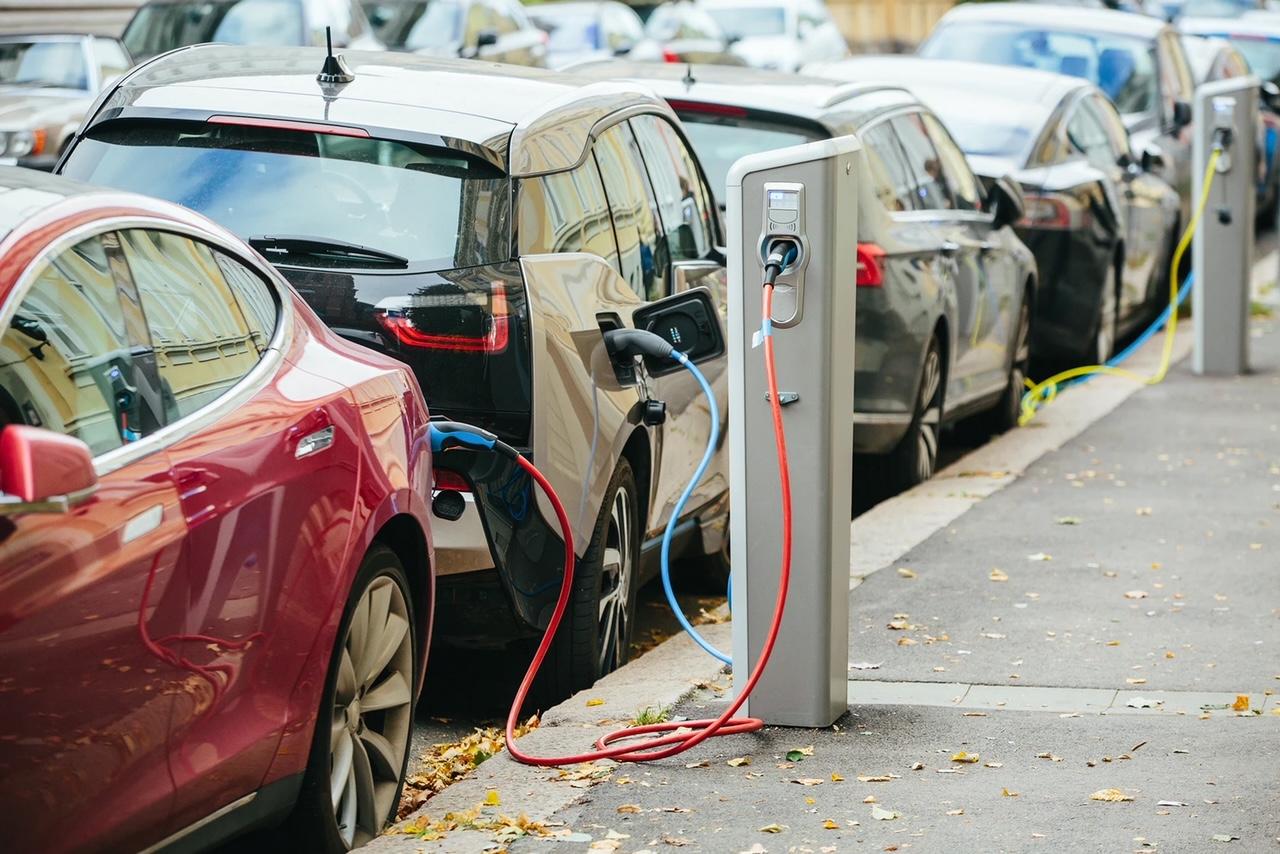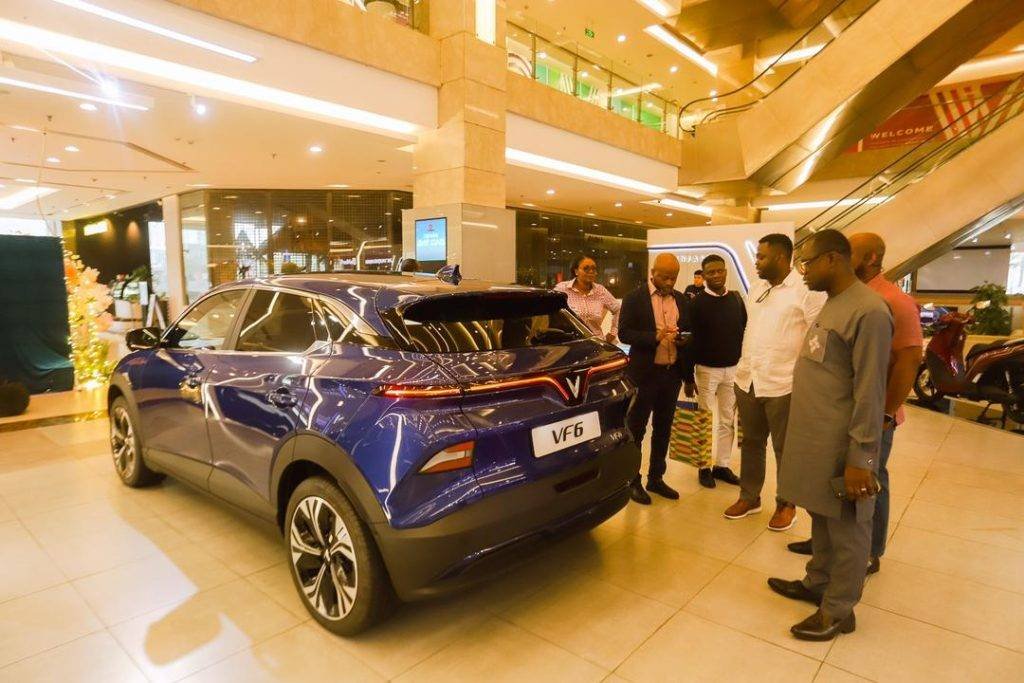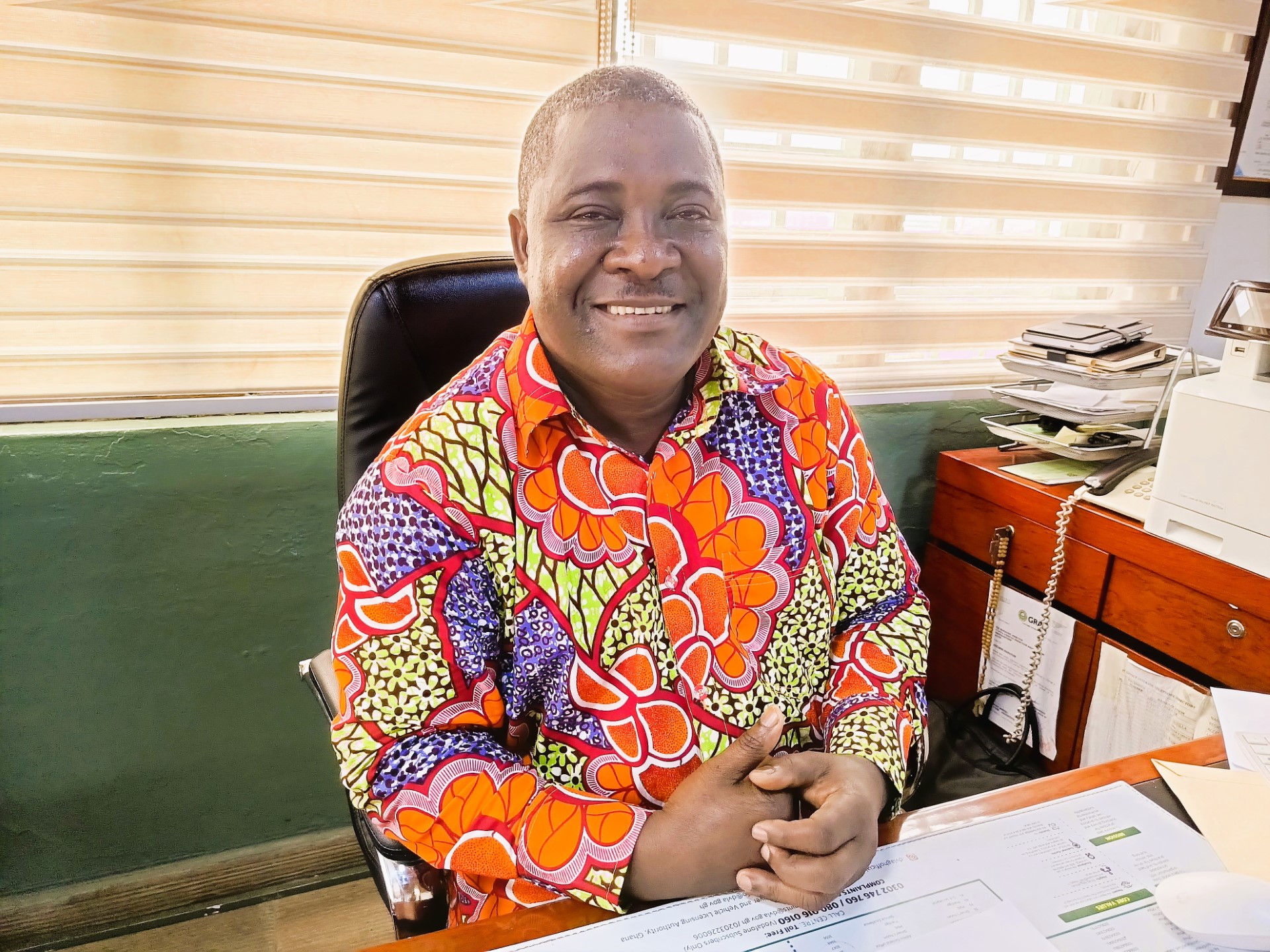
Stakeholders in the transport and energy sectors are urging the government to prioritise training skilled labour to manage electric vehicles (EVs) in the country.
They believe that this will facilitate a successful transition from fossil fuel vehicles to EVs.
The transition to electric vehicles is gradually gaining momentum, with several charging stations established in various locations, including the Total Filling Station off Liberation Road in Accra, the Kempinski Hotel Gold Coast City, and another near SSNIT Hospital in Osu, among others.
Despite this gradual transition, Philip Fleisher, an auto mechanical engineer specialising in electric vehicle repairs, explains to CNR Business the need for government investment in skilled labour training.
“Even auto electricians, some of them don’t want to work on these cars. If you take it there, they won’t mind you…But then, when it comes to the motor [battery pack], it requires some expertise that is not common in this country,” Philip Fleisher noted.
His comments follow the approval of Ghana’s Energy Transition Investment Plan, where the government announced the development of a National Electric Vehicle Policy to create an enabling environment for EV uptake.
The policy will be implemented in three phases. The first phase, from 2024 to 2026, aims to address challenges to EV uptake. The second phase, from 2027 to 2035, seeks to ensure a successful take-off with a penetration rate of around 35%. The final phase, from 2036 to 2045, will ensure that no new petrol or diesel vehicles are sold or imported into Ghana.
The Executive Secretary of the Vehicle and Asset Dealers Union of Ghana (VADUG), Frank Atanley Kofigah, also supported the need for the government’s investment in skill training for EV operation.
“One of the main challenges will be the know-how – the capacity of the Ghanaian repairer. Unlike our combustion vehicles, where we have a lot of mechanics scattered around, we have the know-how. When your vehicle is faulty, you have easy access to service centres. But this particular EV system needs well-trained labour to be able to operate it.”
Frederick Mensah, a transport owner and fleet manager who has been using an electric vehicle for about two years, emphasised the need for the government to drastically reduce import duties on electric vehicles.
“The Big one is the duty. It was mentioned some time ago by the government, so if it is looked at and reduced drastically, it will make a lot of people do the transition from fossil fuel cars to EVs very quickly,” Frederick Mensah added.
Alhaji Abass Imoro, the Public Relations Officer of the Ghana Private Road Transport Union (GPRTU) suggested that the government prioritises repairing the poor condition of some roads in the country while introducing electric vehicles.
“I am a professional driver. If I want to buy a vehicle that I am going to use for commercial purposes, I know the type of vehicle I will buy. A vehicle which I believe can stand the nature of our roads. A vehicle that I believe I can get any spare parts and fix whenever I have a problem with any of the parts. Likewise, these electric vehicles are yet to be used commercially. We have to know the strength of it.
“We have to know which roads we can use them on because, as you are aware, we have potholes on some of our major roads in such a way that if you bump in at times your tyre will just burst out. And we have to be aware of these electric vehicles if they can stand some of these potholes that I am talking about,” Alhaji Abass Imoro said.
Nana Amoasi VII of the Institute of Energy Security (IES) highlighted the need for the government to form public partnerships to stimulate the growth of the electric vehicle industry.
“We believe that there must be the public-private partnership in place working. If the government engages the private sector, the private sector has some capacity to introduce some financing in the space and also to support with technical dimension of what we seek. Also, the government must provide incentives and subsidies for the growth of the sector.
“While we plan our urban segment, we expect the government to integrate the adoption of electric vehicles into it. It must be reflected in our shopping centres, in the market areas, and in the parking lots. We can put in place charging ports to help stir it up.”
Meanwhile, Herbert Krapa, the Minister of State at the Ministry of Energy, disclosed that they are currently supervising the adoption of biofuels for vehicles, pending the aggressive rollout of the electric vehicle policy.
“We have a biofuel commercialisation and industrialisation programme which we are supervising at the Ministry of Energy. To say that before we bring in the electric vehicles, we currently still have internal combustion vehicles here. We will transition into biofuels, which are cleaner fuels while we move to electric vehicles in the long term,” Mr. Krapa noted.
—-
Explore the world of impactful news with CitiNewsroom on WhatsApp!
Click on the link to join the Citi Newsroom channel for curated, meaningful stories tailored just for YOU: https://whatsapp.com/channel/0029VaCYzPRAYlUPudDDe53x
No spam, just the stories that truly matter! #StayInformed #CitiNewsroom #CNRDigital
Read Full Story

















Facebook
Twitter
Pinterest
Instagram
Google+
YouTube
LinkedIn
RSS